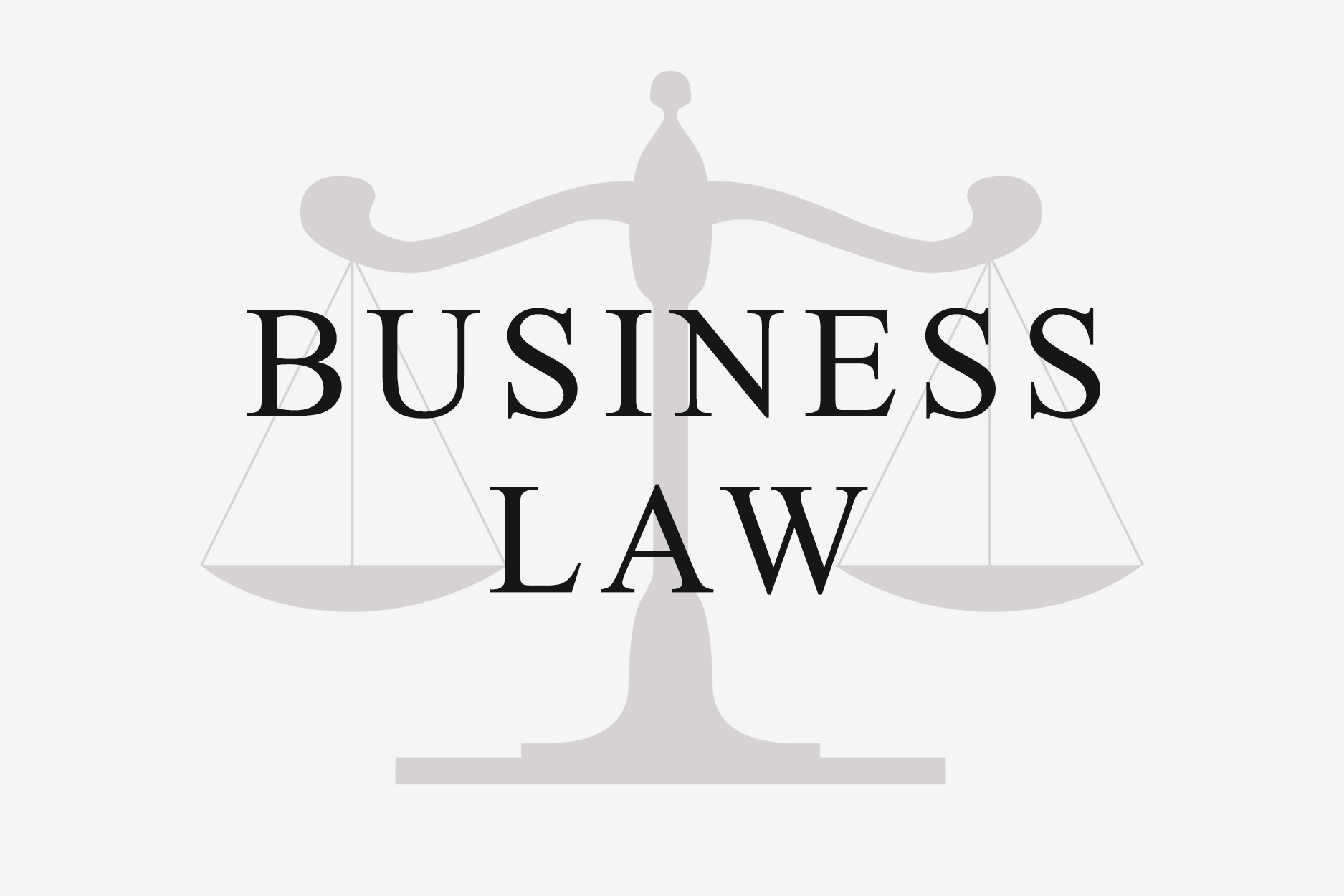
Getting a new business up and running is exciting but it’s incredibly stressful and hectic too. Whether you’re starting an independent enterprise or buying into a proven business model like a hotdog franchise, you’ve got myriad tasks to take care of, from developing a business plan and securing financing, to selecting a location and planning your grand opening. One other essential that’s easy to overlook is getting up to speed on the various laws that can affect your new business. Here are 12 laws and legal requirements that pertain to virtually all types of business startups in the U.S. regardless of where you set up shop.
12 Common Business Laws You Need to Know

#1 Licenses and Permits
To engage in trade in most locales, it’s usually necessary to obtain a business license and various permits. Your city or municipal government office can advise you on the different licenses and permits you need and the application process for each, as well as any zoning laws that may affect your choice of location. For information on licensing that may apply to your type of business on the state and federal levels, you should visit the Small Business Administration’s website.
#2 Federal Tax Identification Number
A federal tax or employer identification number (EIN) is the equivalent of a social security number that allows the Internal Revenue Service (IRS) to identify your business. You’ll need this number to remit payroll taxes and file your business income tax returns, but you can obtain one right away after filling out the application on the IRS website.
#3 Payroll and Tax Rules
The IRS has strict requirements for the collection and remittance of payroll-related taxes. Before cutting your first payroll checks, you need to learn about your obligations regarding Medicare, social security, and unemployment taxes. Taxes are often confusing, so you may want to get professional advice from an accountant.
#4 Legal Business Structure
The legal structure of your new business is another subject to discuss with your accountant or attorney. There are different tax and legal implications for sole proprietorship, partnerships, Limited Liability Companies (LLC) and corporations, so it’s vital to understand your options and decide on a structure that’s right for your particular situation before your business opens its doors.

#5 Business Income Tax Obligations
Your choice of business structure affects how and when you report income and pay any tax due to the IRS. Depending on where your business is located, you may also have state income tax obligations as well, so talk to an experienced accountant about both of these issues.
#6 Truthful Advertising and Email Spam Laws
As a business owner, you have to comply with the Federal Trade Commission’s truth in advertising standards and have proof to back up any claims you make in your ads. Additionally, your email marketing is also regulated under the CAN-SPAM Act, which requires truthful subject lines and content, telling recipients your location and giving them a way to unsubscribe from your email list.

#7 Employee and Independent Contractor Rules
Businesses frequently encounter difficulties understanding what type of income tax information forms to give to employees. To avoid such problems when tax time rolls around, you should research what the IRS says about the differences between W-2 employees and 1099 independent contractors.
#8 Workers’ Compensation Coverage
In most states, businesses with more than five employees are required to have Workers’ Compensation insurance in effect to protect workers who become ill or get injured on the job. Before you hire and begin training employees, you need to learn more about your responsibilities and make sure you have the necessary coverage in place.
#9 Fair Labor Standards Act
This act covers federal minimum wage regulations, rules regarding overtime, child labor laws, and the record keeping requirements for employers, so it’s one that you should get familiar within the early stages of setting up your business.
#10 At-Will Work Doctrine
Every state except for Montana follows the at-will work doctrine that allows a worker to leave its employer at any time and allows you to fire an employee for any legal reason at anytime.
#11 Occupational Safety Act
It’s important to learn about the regulations included in the Occupational Health and Safety Act (OSHA) that relate to your business to ensure that your employees have a safe and hazard-free work environment.
#12 Affordable Care Act
The laws regarding your obligations to provide health insurance to your employees may be changing in the near future, so it’s crucial to stay up-to-date on the latest healthcare rules and policies that may apply to your new business.
To learn more about the particular laws, rules, and regulations that apply to your startup, it’s wise to get personalized advice from a local attorney because the requirements can vary somewhat depending on your type of business and its specific location.











